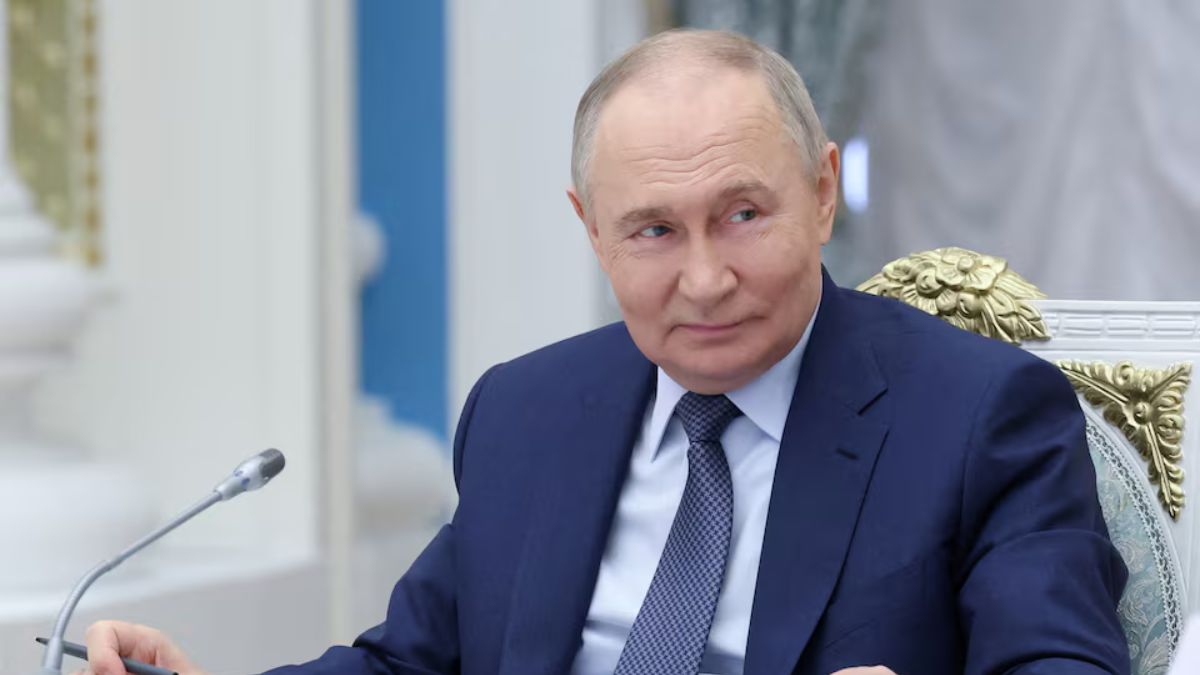Vladimir Putin 'ready' to part with frozen $300 billion assets to undermine Western financial power

Russian President Vladimir Putin stated on Thursday that Moscow was “ready” to part with its $300 billion in frozen assets in the European Union, if doing so would help accelerate the shift away from Western-dominated financial systems.
Approximately $300 billion of Russia's financial assets had been frozen by the European Union (EU), just after it began what it called a special military operation in Kyiv, in February 2022.
EU estimates say that $221.5 billion out of the frozen Russian assets are held in the 27-nation bloc, primarily in the form of government bonds that the Bank of Russia, the nation's central bank, had stored as reserves, as per a Reuters report.
ALSO READ | Will Russia's massive military spending affect the EU? Top diplomat calls it Moscow's 'long-term plan'
The EU has also said that it expected these assets were capable of yielding about $16-$22 billion in interest earned by 2027 as well, subject to fluctuations in euro zone rates, a related report said.
Although the Kremlin has condemned the EU's use of this interest as theft, earlier this year, it had reportedly expressed openness to using the assets to rebuild Kyiv as part of a potential peace deal, but insisted that the money would be spent on Ukrainian areas under its control.
“A significant amount of Russian gold and currency assets is frozen in Western banks. They keep telling us they intend to steal our money,” Putin said at a Eurasian Economic Union (EEU) summit in Minsk, as per a Kremlin announcement. He even quipped that his legal background allowed him to qualify the asset seizure as not merely “theft”, but “robbery”.
ALSO READ | Ukraine to get $100 million-plus worth of ammunition from Finland, paid with Russia's frozen billions
He explained that the Western appropriation of the Russian assets was “worth paying for”, because it would trigger an “irreversible trend toward the regionalisation of payment systems”, which he claimed would ultimately work to the benefit of the global economy, as per a Moscow Times report.
He added that Moscow would continue efforts to strengthen its own financial settlement systems in cooperation with “friendly states”.
This strengthening comes amid the recent increase in NATO's defence spending—a move that has seen America's support—which is aimed at countering Russia's enormous military spending, perceived as a threat to the EU.
Business